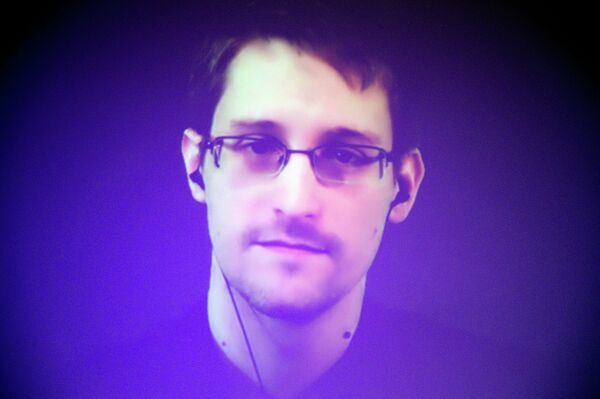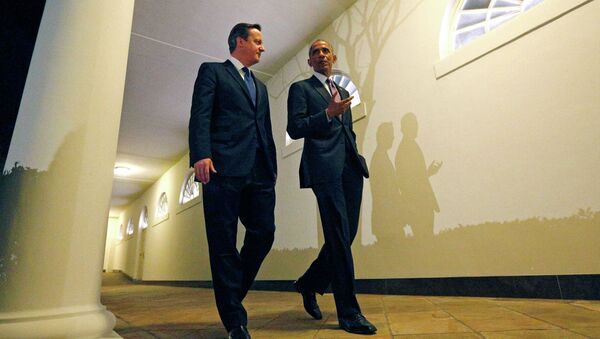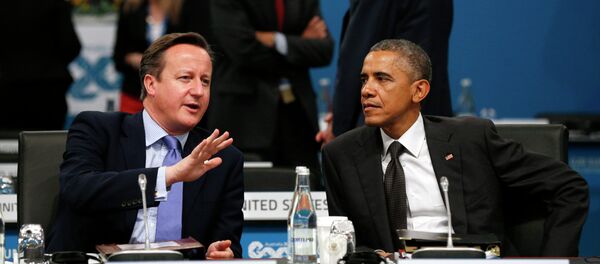Chiefly, Cameron was expected to pressure the U.S. into expanding its collection of metadata, and to share that information with British intelligence agencies to help counter terrorist attacks like the one on Charlie Hebdo Magazine less than two weeks ago.
“The world is sickened by this terrorism,” Cameron said.
Cameron wants stronger ties between the NSA and its U.K. equivalent, the Government Communications Headquarters (GCHQ). He also wants U.S.- based tech companies to cooperate further in giving personal user data over to the government.
“We need to work with these big companies,” Cameron told the BBC, “to make sure that we can keep people safe.”
Critics say the kind of mass data sharing Cameron is proposing would have had little effect on the Charlie Hebdo attacks, and would instead put the digital lives of innocent people under constant surveillance. However, President Obama seemed to agree with his British counterpart, saying that the U.S. needs to maintain capabilities that allow its security services to monitor online activity.
He said social media is primarily how terrorists communicate and counterterrorism agencies need to have access to their communications. Obama underscored that both countries face challenges in preventing terrorist attacks and tech companies have to share responsibility with law enforcement.
"We're still going to have to find ways to make sure that if an al Qaeda affiliate is operating in Great Britain or the United States that we can try to prevent real tragedy," Obama said. "And i think the companies want to see that as well. They're patriots, they have families that they want to see protected."
Twice during the press conference, the U.S. president referenced former NSA contractor Edward Snowden by name, hinting that his disclosures created additional challenges for intelligence professionals monitoring the Internet.

Obama admitted that the Snowden revelations raised valid concerns among many Americans and people abroad, while still maintaining that he believes the NSA and other agencies acted within the legal framework.
Ahead of the talks, Cameron announced an “unprecedented” plan for both the U.S. and U.K. to perform fake cyberattacks against each other to prepare for the real thing.
The first cyber “war game” would involve staged cyberattacks against Wall Street and the Bank of England, as cyber agents on both sides of the Atlantic analyze key weaknesses in their security systems.
These games have the goal of improving the flow of information between the two nations.
During the conference, Obama and Cameron also stressed the need for international unity in keeping Iran from gaining nuclear weapons, though no new sanctions will be imposed. Obama went as far as threatening to veto any bill passed in Congress that will urge to implement additional restrictions on the Islamic Republic. According to the president, new threats against Iran will only diminish chances of reaching a peaceful solution to the nuclear problem. This sentiment was supported by Cameron, who admitted that he called a few senators this morning, urging them to avoid proposing new sanctions.
"We have shown that we are credibly trying to solve this problem and avert some sort of military showdown," Obama said.
During Friday's press conference, the two leaders also announced their plans for the coming year. Both countries agree on maintaining strong sanctions against Russia over alleged involvement in Ukraine, and also urged the world to provide more resources in the fight against Ebola.



